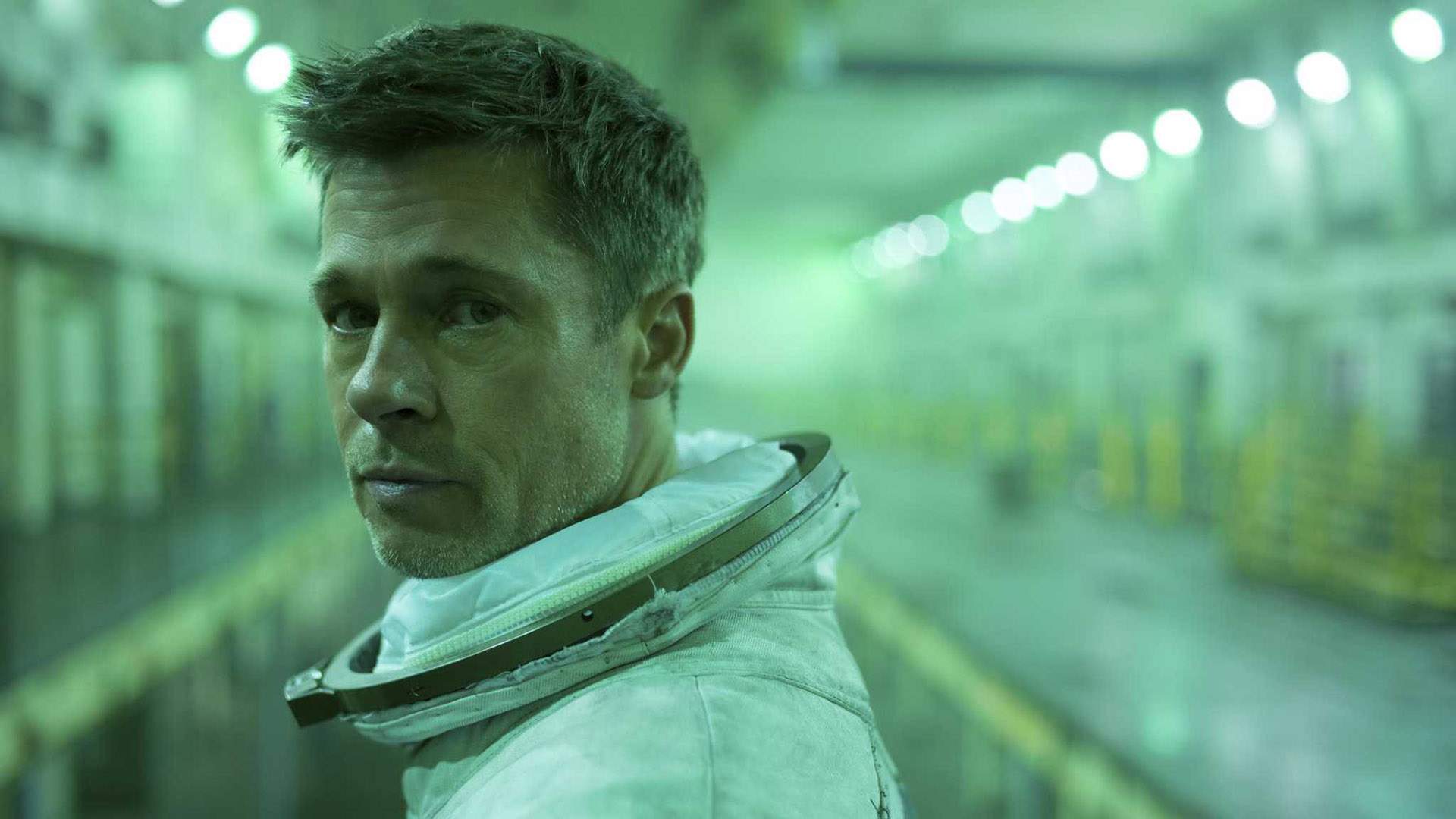Ad Astra
Brad Pitt rockets into space — and takes a moving and mesmerising journey — in this breathtaking sci-fi epic.
Overview
When humanity soars into space, what do we hope to find? Every mission beyond the earth has considered this question, as has almost every movie on the subject. Now, it bubbles inside James Gray's Ad Astra. Initially in this thoughtful and thrilling near-future set film, the answer seems simple. A dedicated astronaut whose calm nature earns him ample praise, Major Roy McBride (Brad Pitt) has been tasked with literally following in his long-lost father's (Tommy Lee Jones) footsteps. But this quest couldn't be more complicated, with Roy trying to stop a threatening series of interstellar power surges, working through his issues with the assumed-dead dad he's always tried to emulate, and grappling with his place in a mysterious, expansive universe.
In his earthbound but also stellar 2016 film The Lost City of Z, Gray contemplated a comparable conundrum, telling the true tale of British explorer Percy Fawcett's trek through the South American jungle. Focusing on another adventurer on both an external and internal journey, it couldn't have been a better precursor to Ad Astra, with the two movies sharing aching parallels. Wherever humankind is stranded, we're just trying to make sense of it all, the filmmaker posits — and whether we're stuck in lush tropics or desolate space, we're holding a mirror up to our souls.
Seemingly sparse yet filled with endless intricacies, space suits Ad Astra's protagonist. While Pitt's measured narration gifts viewers a window into his character's head, Roy isn't forthcoming about his feelings otherwise. Again and again, he takes mandatory psychological evaluations, utters what he knows he's supposed to and passes with flying colours. In flashbacks, he's distant with his wife (Liv Tyler), and when he's joined on his new mission by one of his father's old friends (Donald Sutherland), he's unfazed. That said, Roy is unsurprisingly unsettled to learn that his dad might still be out there, and still trying to find extraterrestrial life instead of reclaiming the life he left behind. The fate of the world may be at stake, but a sea of internal turmoil accompanies his venture via the moon to Mars, all to beam his father a government-approved message.
Co-writing Ad Astra's script with Ethan Gross (TV's Fringe), Gray paints Roy as someone equally fixated and haunted. Conflict rages both around and within him, as a man so accustomed to control faces existence's many uncertainties. Sometimes, the film launches physical obstacles into his path, as seen in expertly staged scenes involving rampaging moon pirates and savage space travellers. Often, of course, the hurdles are intellectual, psychological, ideological and emotional. Forty years ago, Apocalypse Now depicted a similar struggle, which won't be lost on Ad Astra's audience — but as exceptional as Francis Ford Coppola's war epic is, the comparison doesn't quite do Gray's feature justice.
Ad Astra also shows signs of 2001: A Space Odyssey's influence, as all sci-fi flicks have for the past half-century; however its vision of space — complete with rampant capitalism and ol' fashioned human ruthlessness — is definitely its own. The movie also possesses its own weight and texture, as firmly entwined with its leading man. Turning in sublime performances in consecutive films, the Once Upon a Time in Hollywood actor (and also one of Ad Astra's producers) proves a commanding choice to navigate Roy's journey. Pitt's ability to simultaneously eat and emote has long been noted but, here, it's his talent for conveying so much through a silent, searching stare that ripples across the galaxy.
Enlisting the ever-excellent talents of Oscar-nominated cinematographer Hoyte Van Hoytema (Dunkirk), Gray gives viewers plenty of time to gaze at Pitt's increasingly weary face and its quiet depths. Always a detail-oriented director, he peers just as intently at distant planets, gleaming spaceships and empty nothingness, these entrancing visions speaking volumes as well. Indeed, Ad Astra is a patient and exacting movie. It never lets a moment — or a frame or a plot development — go to waste. When it sends Roy hurtling from a towering space antenna early in the piece, for example, the sequence serves multiple purposes. As well as showing the astronaut's immense grace under pressure, it astutely illuminates the tenuous nature of his and all existence. Breathtaking, tense and gripping, the huge plummet couldn't better encapsulate this mesmerising and moving film, too — a movie that reaches for the stars, grasps them, but knows that every leap comes with a fall.





